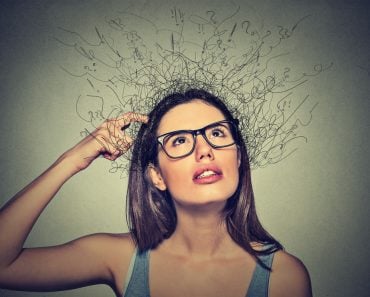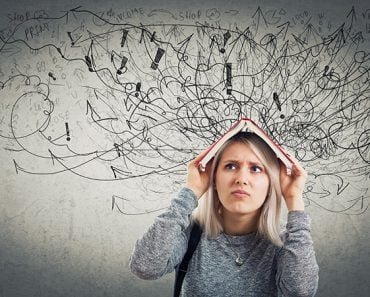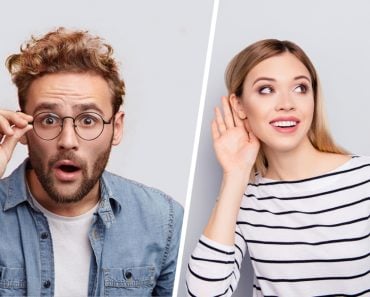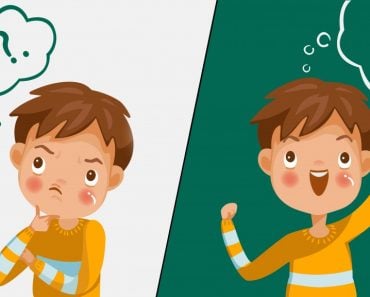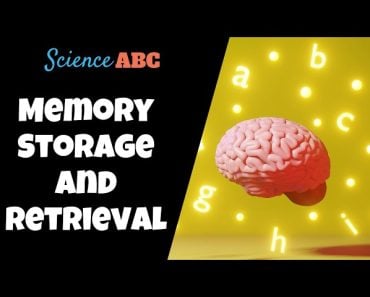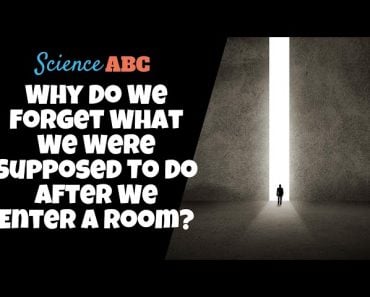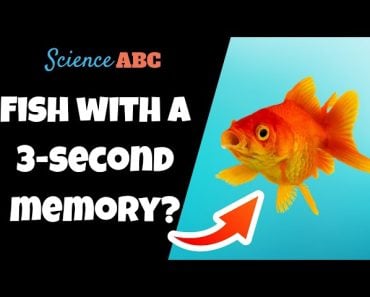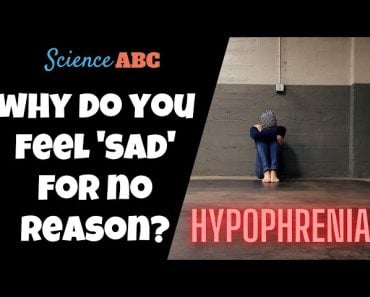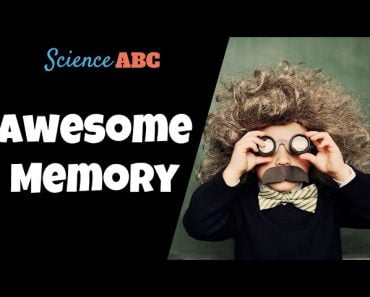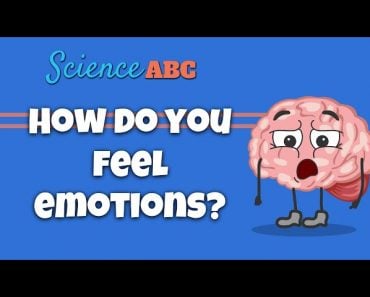Table of Contents (click to expand)
Memories change the more you recall them. Life experience adds layers to a memory, and that can change your inner narrative. Our imagination can also create fake parts of memories or entirely fake memories.
Most of the events we experience on a day-to-day basis are only remembered for a short period and then tend to disappear from our memory quite quickly. For instance, if you’re asked about what you had for lunch today, you will be able to recall the information with little difficulty. If you are asked that same question a week later, the details are likely to have been forgotten.
This makes sense. It’s not useful for our brains to remember everyday mundane events, but what about traumatic or important events? And, if we do remember these events, do we remember them scene-by-scene as it really happened? Or do we modify those moments and remember them inconsistently?
Recommended Video for you:
Flashbulb Memories
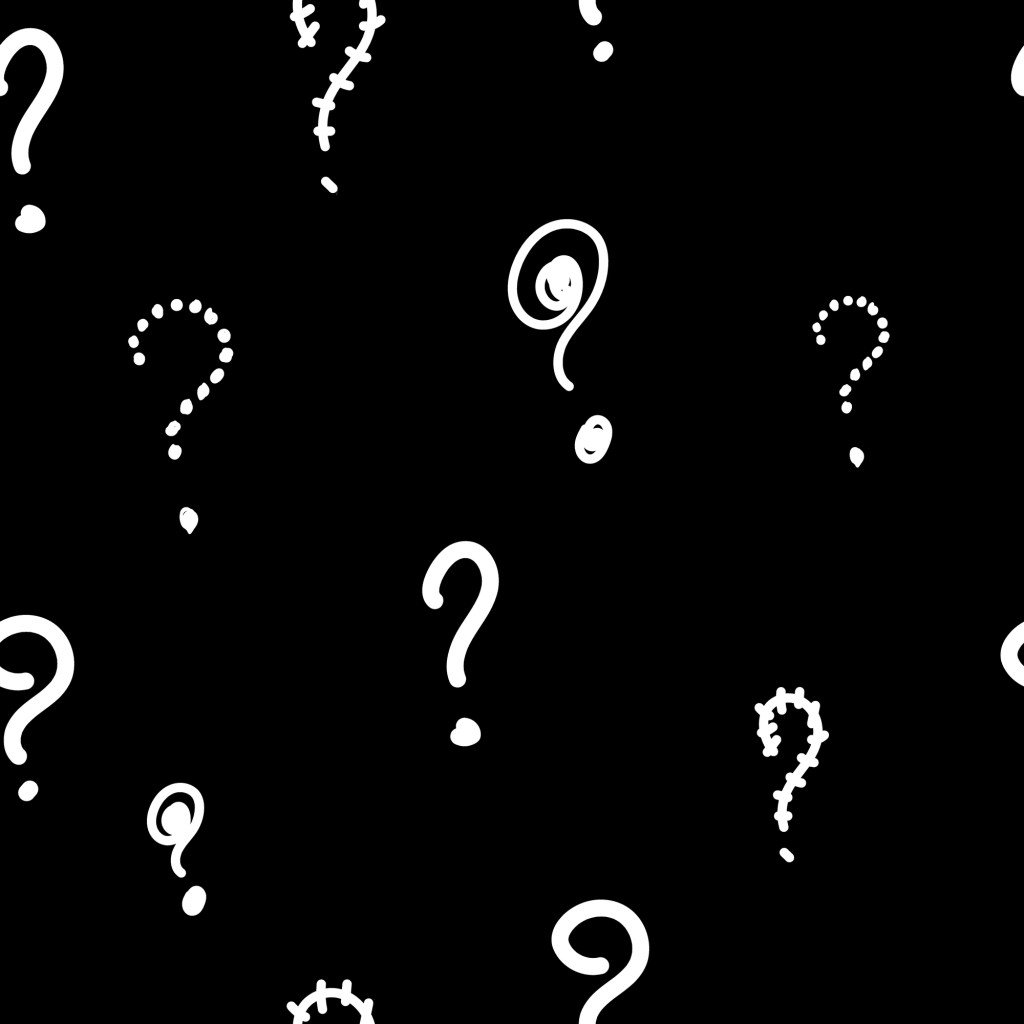
Psychologists theorize that our brains tend to imprint details of sudden traumatic experiences as if we’re taking a photograph of those moments. During the event, emotions run so high that whenever we recollect these memories, the emotional recollections flash across our eyes on an event-to-event basis. This is why these memories are called “flashbulb memories“; they have photographic accuracy. However, this notion of flashbulb memories being accurate did not translate into evidence for the same.
When the 9/11 attacks happened, after a few days, researchers asked 2,100 Americans across the country to narrate their own 9/11 experiences: where they were, who they were with, and what their response had been to the news. The researchers found that 40% of the participants narrated altered stories at different follow-up periods of 1 year, 3 years, and 10 years.
This misremembering is called the “time-splice error”. Because of this error, we remember the facts of our experiences, but fail to accurately recall the sequence of events.
In this case, participants remembered facts about their 9/11 experience, but they did not remember how these facts all fit together.
For example, in this study, a man mentioned that he was on the street when he heard the news about the attacks, but in reality, he was in his office! This misremembering can be attributed to the fact that the man probably did spend a considerable amount of time in both places on that day, which is why his memory blurred as time passed!
Once we have come up with a narrative that is coherent, even if it may be inaccurate, we tend to stick with it. This is why, while many people’s reporting of what happened on 9/11 changed in the year following 9/11, they stuck to telling themselves the same false memory the entire decade.
Inconsistent flashbulb memories are more likely to be repeated than corrected, as the participants did not have a clear recorded event to go back to in order to check for their memories. On the other hand, inaccuracies regarding the event itself (for instance, what airlines had been hijacked) were more likely to be corrected, as there was backed-up data to refer to. Thus, these inaccurate memories were not repeated often.
Another factor for misremembering details of a tragic event can be explained by errors of commission. For instance, changing a pair of blue pants to black ones, or misremembering who you were with when you first experienced the event.
Memories Are (Re)Constructive
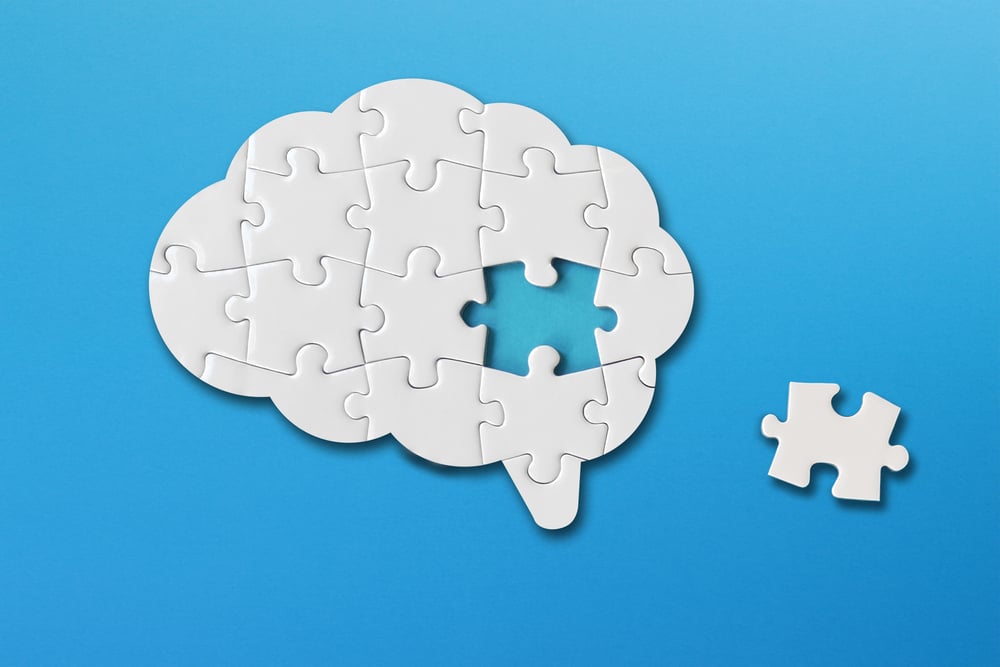
Why does so much of our memory fall through the cracks? And why are new memories that we haven’t experienced added to the story?
We’ve all experienced vivid and well-defined memories, but as the section above highlights, our memories are not an exact copy. It’s not like we’re watching a replay telecast of an event or situation, even though it might sometimes feel like that.
Memories are constructed and reconstructed; we use information before, after, and during the time of the event in order to compose our memories of the event.
According to Sir Frederic Bartlett (1932), a memory theorist, the process of forming a memory is similar to creating a story, rather than reading an already written one. This means that memories are built from the information that we store. Every time we remember the memory, we alter and revise it, include new information, or omit certain bits of information.
This does not mean that what we recall is always inaccurate, but it suggests that our recollection is not a replica and can be open to both modification and error.
According to Bartlett, the reason why this occurs is because of the role that schemas play when it comes to remembering past events. He described schema as a system that organizes past reactions or past experiences. Schemas are organized mental memory structures that enable us to apply our past experiences to new situations and help in guiding our behavior. For example, if you go to a restaurant in Italy, you likely have a schema of what to expect in a restaurant that guides your novel experience of actually being in a restaurant in Italy.
However, these schemas, though helpful, can also produce certain expectations that reduce ambiguities in new situations, and these expectations can lead to errors in recalling these events.
For instance, when you recall your time at a restaurant in Italy after your vacation, there may be a chance that you misremember some events that may not have taken place in that particular restaurant at all, but in a different restaurant with similar infrastructure.
Brewer and Treyens in 1981 found that their participants, when given a memory task, ended up reporting items that they had expected to see based on the context, even though these items or words had not been presented to them. Schemas also influence boundary extension errors. Here, people remember more of a visual scene than what was originally presented. For example, when you recall a good amount of greenery from a scene in your favorite movie, but it was not present at all!
False Memories
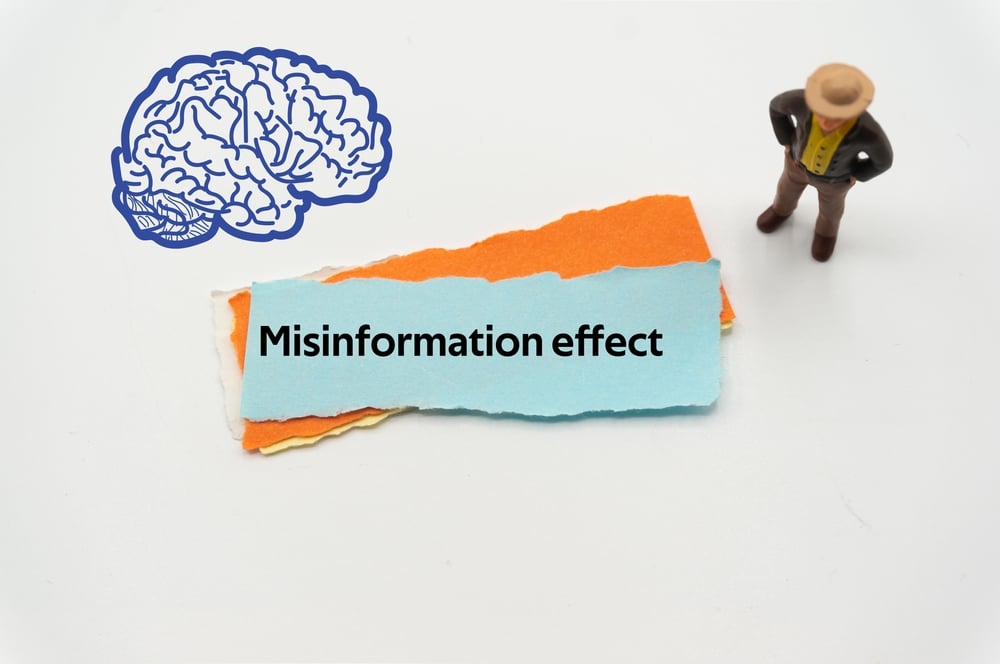
False memories occur when people classify a certain mental experience as a real experience.
In 1975, researchers Elizabeth Loftus and John Palmer noticed that language can affect how we remember an event. They asked participants who had seen a movie of a car crash to describe the crash. Using the word “smashed” instead of “hit” led participants to perceive a more severe accident. Likewise, using “collided” also resulted in reported differences in accident severity.
A classic experiment conducted by Elizabeth Loftus and colleagues called the “Lost in the Mall” experiment provides more compelling evidence of false memories.
In this experiment, the researchers gave a 14-year-old boy Chris four events that supposedly happened to him. Of these four, three were true and one was false. The false memory involved being lost in a shopping mall. He was then asked to write about these four childhood memories every day.
The experiment also required Chris’ older brother, who helped the researchers construct the false memory, to help Chris reconstruct this false memory of being lost in the mall.
At the end of the experiment, when Chris was assessed on his memories, Chris had a realistic and detailed story constructed about how he had been lost in a mall and then reunited with his family members. When he was told that this memory was false, he was unable to believe it for a while.
The ethics of the experiment were later questioned, though it did have a significant impact on our understanding of false memories.
Anecdotal evidence has shown that this phenomenon of false memories is witnessed among eyewitnesses’ stories, as well as stories about alien abductions or satanic abuse. One such example is Patricia Burgus, in a case against her psychiatrist Dr. Braun for malpractice. According to her, Dr. Braun used repressed memory therapy, including hypnosis, which led her to believe that she was the high priestess of a satanic cult.
References (click to expand)
- Brown, R., & Kulik, J. (1977, January). Flashbulb memories. Cognition. Elsevier BV.
- Hirst, W., Phelps, E. A., Buckner, R. L., Budson, A. E., Cuc, A., Gabrieli, J. D. E., … Vaidya, C. J. (2009, May). Long-term memory for the terrorist attack of September 11: Flashbulb memories, event memories, and the factors that influence their retention. Journal of Experimental Psychology: General. American Psychological Association (APA).
- https://psycnet.apa.org/record/1984-13790-001
- Edwards, D., & Middleton, D. (1987, April). Conversation and remembering: Bartlett revisited. Applied Cognitive Psychology. Wiley.
- Brewer, W. F., & Treyens, J. C. (1981, April). Role of schemata in memory for places. Cognitive Psychology. Elsevier BV.
- Loftus, E. F., & Palmer, J. C. (1974, October). Reconstruction of automobile destruction: An example of the interaction between language and memory. Journal of Verbal Learning and Verbal Behavior. Elsevier BV.
- Loftus, E. F. (1999, March). Lost in the Mall: Misrepresentations and Misunderstandings. Ethics & Behavior. Informa UK Limited.
- Nourkova, V., Bernstein, D., & Loftus, E. (2004, June). Altering traumatic memory. Cognition & Emotion. Informa UK Limited.
- Hyman, Jr., I. E., & Pentland, J. (1996, April). The Role of Mental Imagery in the Creation of False Childhood Memories. Journal of Memory and Language. Elsevier BV.
- EF LOFTUS. (1995) The Formation of False Memories.
- How Accurate Are Memories of 9/11?.

